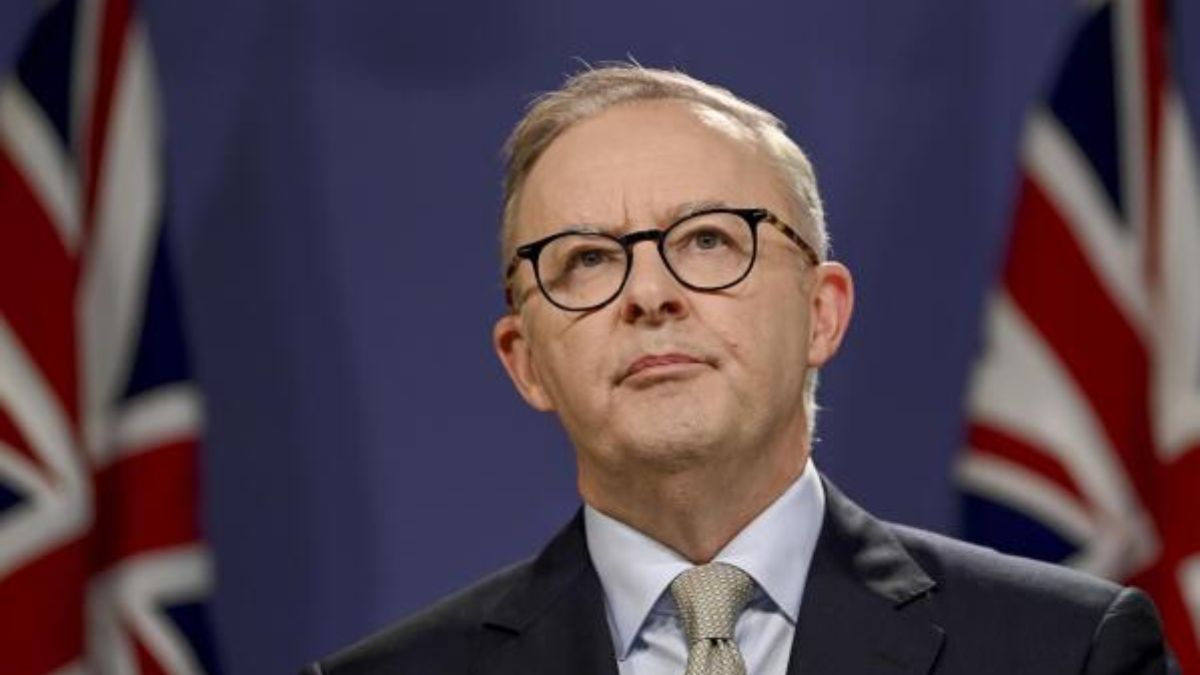Australia is set to hold its general election on May 3, informed Prime Minister Anthony Albanese on Friday (March 28). Albanese officially tendered his resignation from public office, setting in motion the election process.
Surveys suggest a very close electoral contest between the Albanese-led Labour party and the Liberal-National coalition, led by Peter Dutton, amidst rising cost of living pressures. Several independent and minor parties, seeking reelection, can prove crucial in determining the governing coalition if Labour and the Liberal-Nationals do not secure a majority.
The parties need to secure 76 seats out of 150 to form a government. Anthony Albanese is walking a tight line currently as his party holds 78 seats in the House of Representatives. Just two more than what he needs for the majority. Conversely, Dutton faces a significant challenge, with the Coalition trailing at 57 seats. The
As the election process is set in motion, let us take a closer look at the issues, candidates and party agendas.
Who is in the fray?
The general election will witness incumbent Prime Minister Anthony Albanese’s Labour Party seeking a second three-year term. On the other end is Peter Dutton representing Australia’s Liberal-National Party. Both men have blue collar backgrounds, setting them apart from former leaders more typically equipped with Oxbridge degrees and high-flying careers in banking or law.
Albanese was raised by a single mother in a small government-subsidised flat in Sydney’s inner city and spent his teenage years caring for his mum Maryanne as she battled the onset of debilitating rheumatoid arthritis.
Meanwhile, 54-year-old Dutton is a bricklayer’s son who was raised in the suburbs of Brisbane in northern Australia. A former policeman and small business owner, Dutton was defence minister in the conservative Liberal-National coalition government that struck the AUKUS nuclear submarine deal with the United States and Britain in 2021.
Dutton was a drugs squad detective before running for parliament, an experience he says has coloured his hard-nosed approach to law and order.
What are the major issues?
The upcoming elections will be dominated by soaring cost of living, the economy, energy and China. With affordable housing in short supply and interest rates remaining high, voters face a stark choice between two parties deeply divided on how to transition the nation’s energy sector away from fossil fuels, according to India TV.
Inflation has been a cause of concern for the current government driving rental prices even higher. Although the government has rolled out tax cuts and subsidies for rent and energy bills, it is still not doing the trick.
On the energy front, both parties have plans to achieve net zero emissions by 2050. But the approach looks extremely different. While the opposition has pledged to construct seven government-funded nuclear power plants, the government aims to shift its focus on making Australia a country powered by renewable energy.
What is the stand on nuclear power?
Australia is home to some of the largest Uranium deposits in the world making it a naturally nuclear-prone country. Even with the high uranium deposits, the country has had a near ban on nuclear energy since 1998.
Dutton has been a vocal advocate for integrating nuclear energy into the nation’s energy strategy. He asserts that nuclear power is essential for providing consistent, low-emission energy to support renewable sources and ensure grid stability.
On the other hand, Albanese has consistently opposed the adoption of nuclear energy in Australia. He has described proposals to lift the nation’s longstanding ban on nuclear power as a “fantasy,” questioning both their feasibility and economic viability, reported SBS News.
What is the situation with the US?
The resurgence of Donald Trump’s political influence has resulted in a notable shift in rhetoric from the Albanese administration and senior officials. Notably, Australia’s US ambassador, Kevin Rudd, who had previously characterised Trump as a “destructive” force and a “traitor to the West,” has tempered his past criticisms.
Albanese himself said in 2017 that the first Trump presidency filled him with “trepidation”. It is potentially awkward territory, as Australia looks to strengthen ties with its most important military ally.
Although Dutton has been mostly quiet on Trump, he is close to Australian mining magnate and Trump supporter Gina Rinehart. Rinehart was at Trump’s Mar-a-Lago to celebrate the November election wacin and has praised his suite of “drill, baby, drill” policies.
What about Independents?
While Australia’s votes have mostly remained with the Labour or Liberal Party in the past, this time looks a bit different.
The growing issues that voters have been facing show their growing disenchantment. This has led to independents pushing for greater transparency and climate progress.
Polls suggest 10 or more unaligned crossbenchers could hold the balance of power when the dust settles – forcing the formation of a rare minority government.
Why does Australia witness the highest voter turnout?
Australian elections routinely record some of the highest voter turnout figures in the world. This is because Australia has enforced compulsory voting since 1924.
Registered voters who do not cast their ballot are slapped with an “administrative penalty” of around AUD$20 (Rs 1,079).
The fines are small but effective – since compulsory voting laws were introduced, turnout has never dipped below 90 percent. Only 18 other countries enforce compulsory voting, according to Australia’s electoral commission.
With inputs from agencies
)